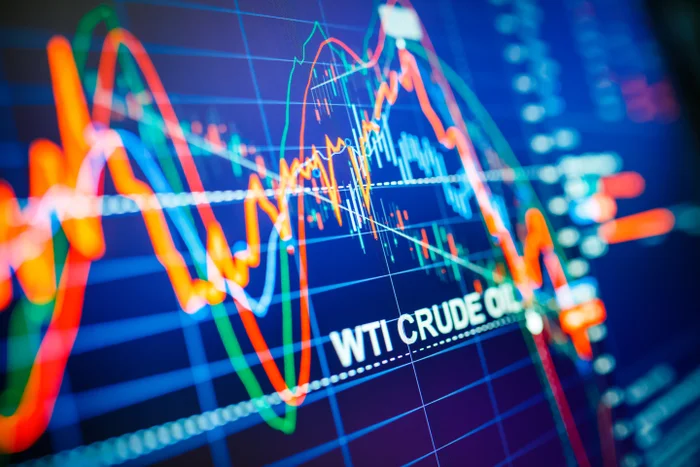The recent fluctuations in WTI crude oil prices have captured the attention of investors and analysts alike. After starting at $67.10 per barrel on December 9, 2024, WTI futures reached an intraday high of $69.25 yesterday, before profit-taking brought the price back to $77.52 per barrel today. This surge can be attributed to escalating geopolitical tensions and new sanctions imposed by the United States on Russia’s energy sector.
On January 10, 2025, the U.S. government announced a significant package of sanctions targeting Russia’s energy industry, which is a crucial revenue source for the Kremlin amid ongoing conflict in Ukraine. These measures specifically target major Russian oil producers such as Gazprom Neft and Surgutneftegas, along with over 180 vessels involved in transporting Russian oil. The sanctions aim to disrupt Russia’s ability to export oil and are expected to have widespread implications for global supply chains.
As a result of these sanctions, key buyers like India and China are being forced to seek alternative sources for their crude oil needs. A senior Indian official indicated that vessels under sanctions would be barred from discharging their cargoes, while China has begun securing oil supplies from the UAE and Oman. This shift in sourcing is indicative of the broader disruptions that are already taking shape in the market.
In a related development, six European countries have urged the European Union to reduce its $60 per barrel price cap on Russian oil to further curtail funding for Russia’s war efforts in Ukraine. This call for action reflects growing concerns among European nations about the implications of sustained Russian oil revenues on regional security and stability.
However, despite these tightening supply conditions, demand dynamics are also shifting. Recent data indicates that China’s crude oil imports have dropped for the first time in two decades (excluding pandemic-related disruptions). This decline in demand could temper some of the upward pressure on prices that might otherwise result from reduced supply.
Analysts predict that the combination of tighter supply due to sanctions and fluctuating demand from major consumers like China will lead to volatility in oil prices throughout 2025. Goldman Sachs and UBS have noted that various factors, including potential supply constraints from Iran and broader economic slowdowns, will contribute to this uncertainty.
As WTI crude oil prices remain elevated, market participants will be closely monitoring developments related to U.S.-Russia relations and any further actions taken by global powers regarding energy sanctions. The geopolitical landscape continues to play a pivotal role in shaping oil market dynamics, underscoring the interconnectedness of energy markets with global political events.
In conclusion, while WTI crude oil prices have recently surged due to new sanctions against Russia’s energy sector, underlying demand trends, particularly from China, may influence future pricing trajectories.

